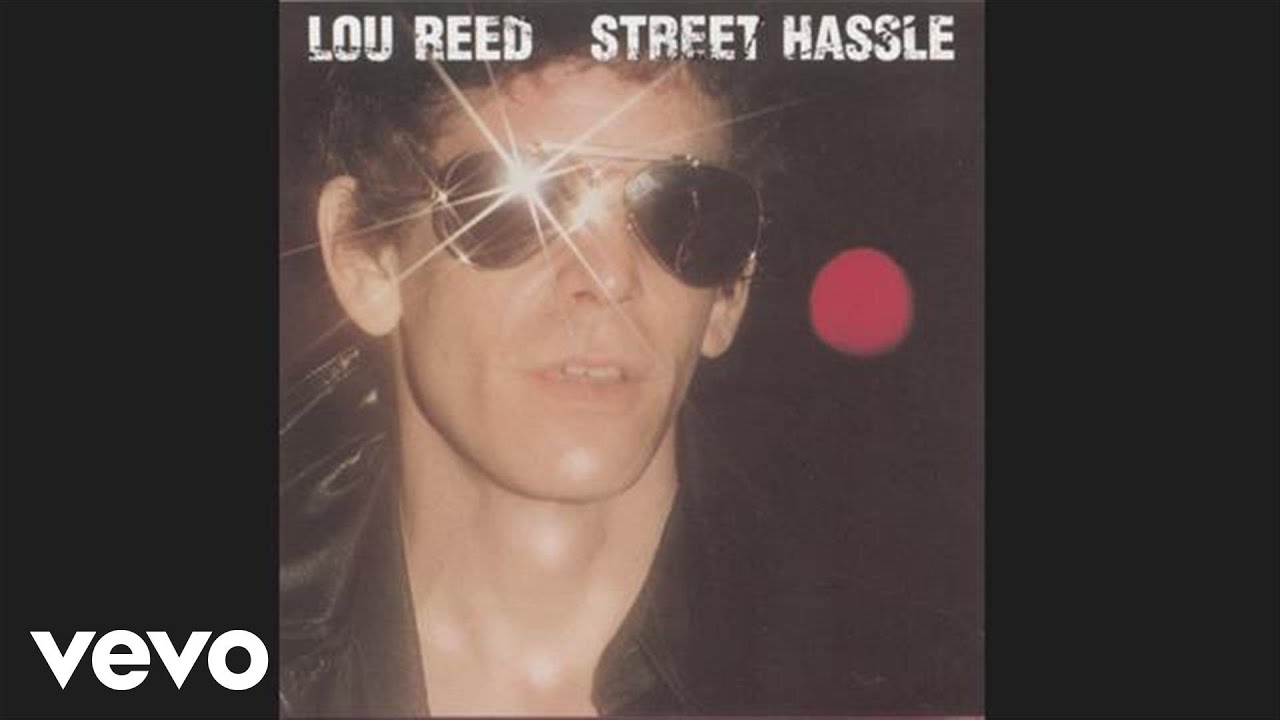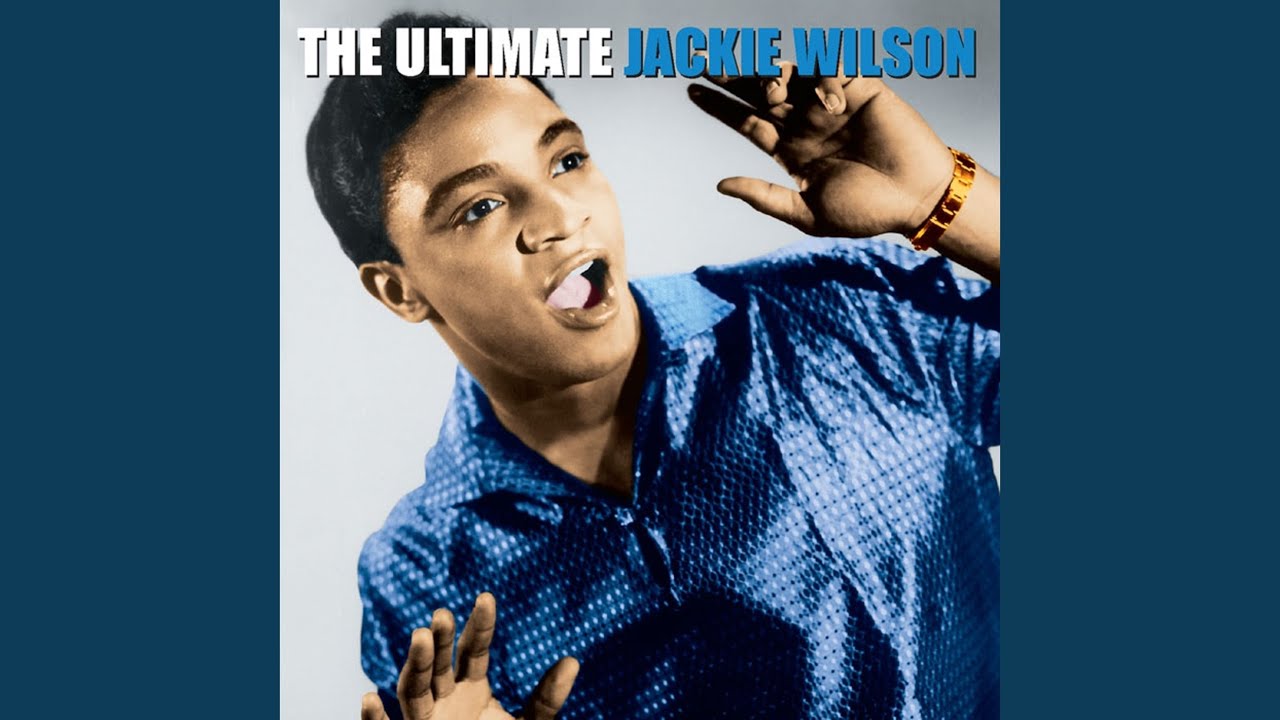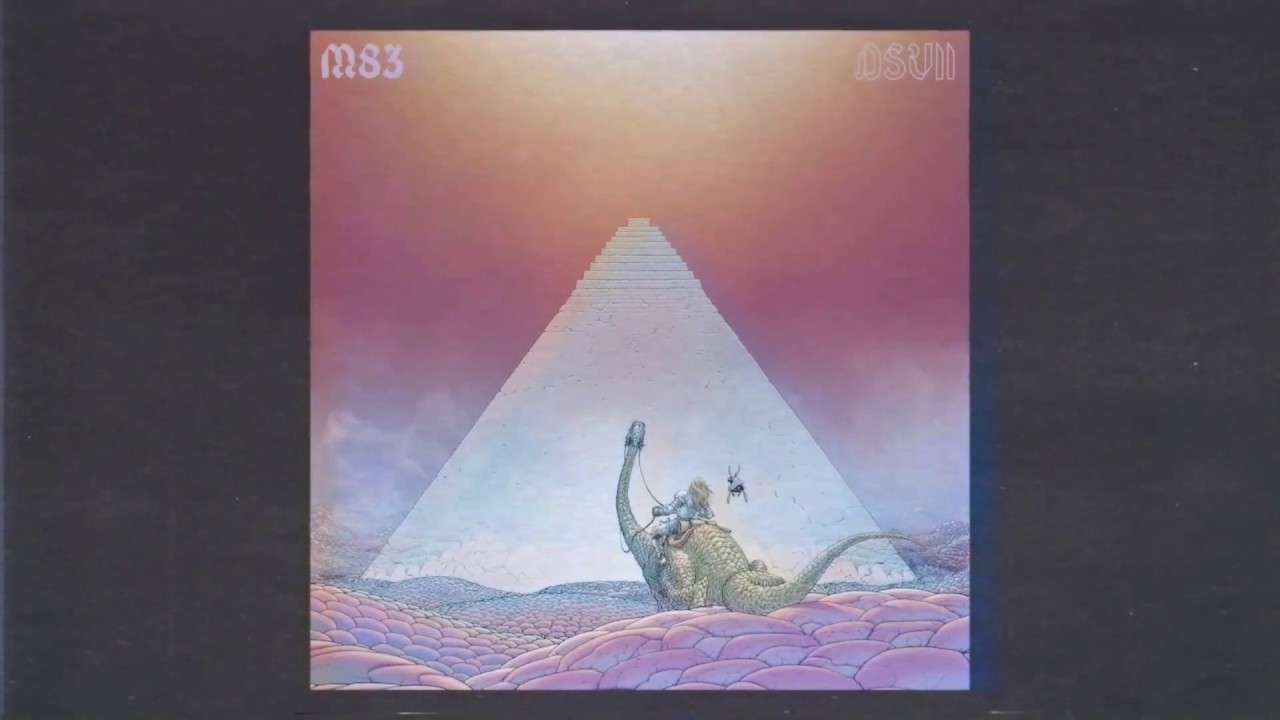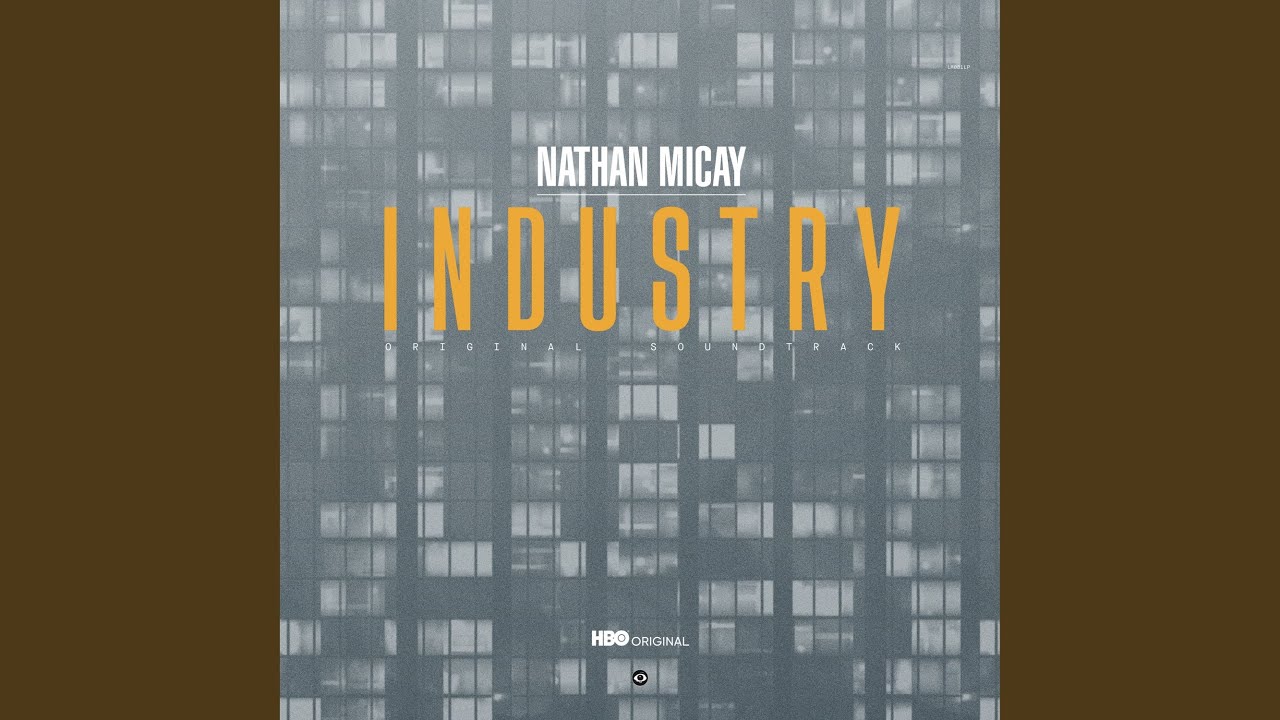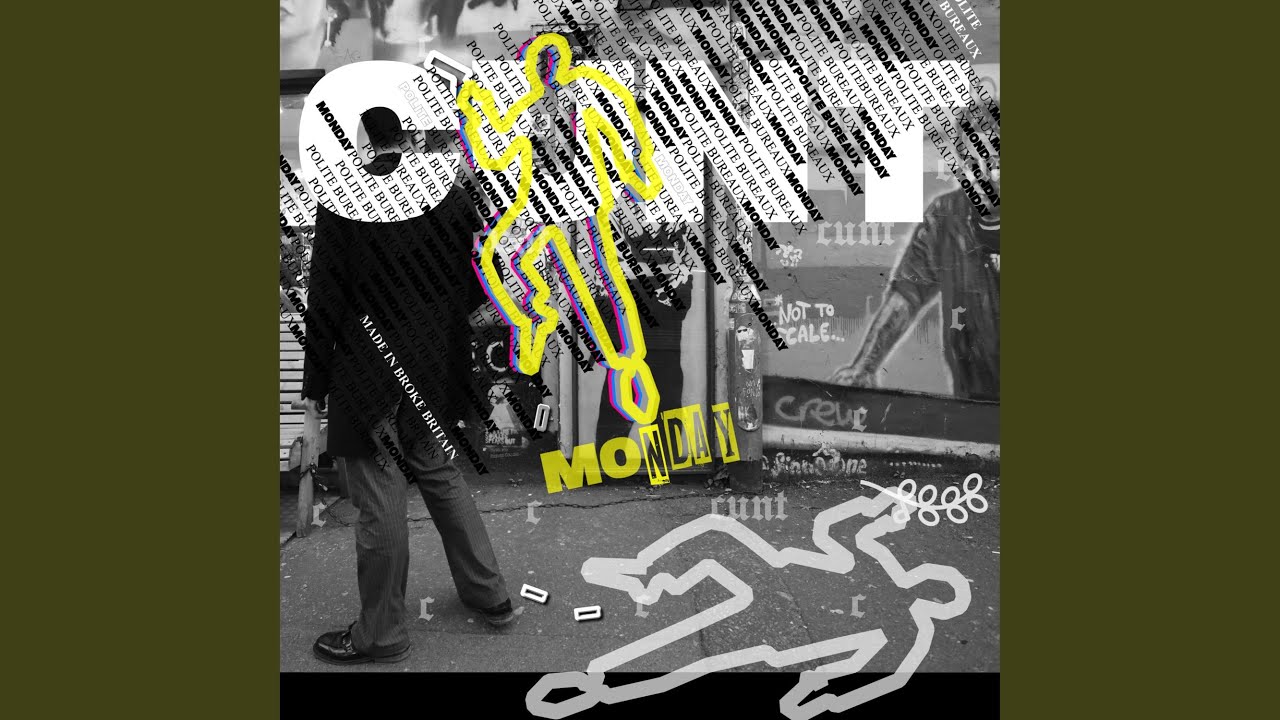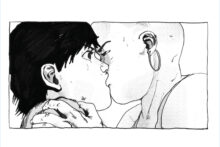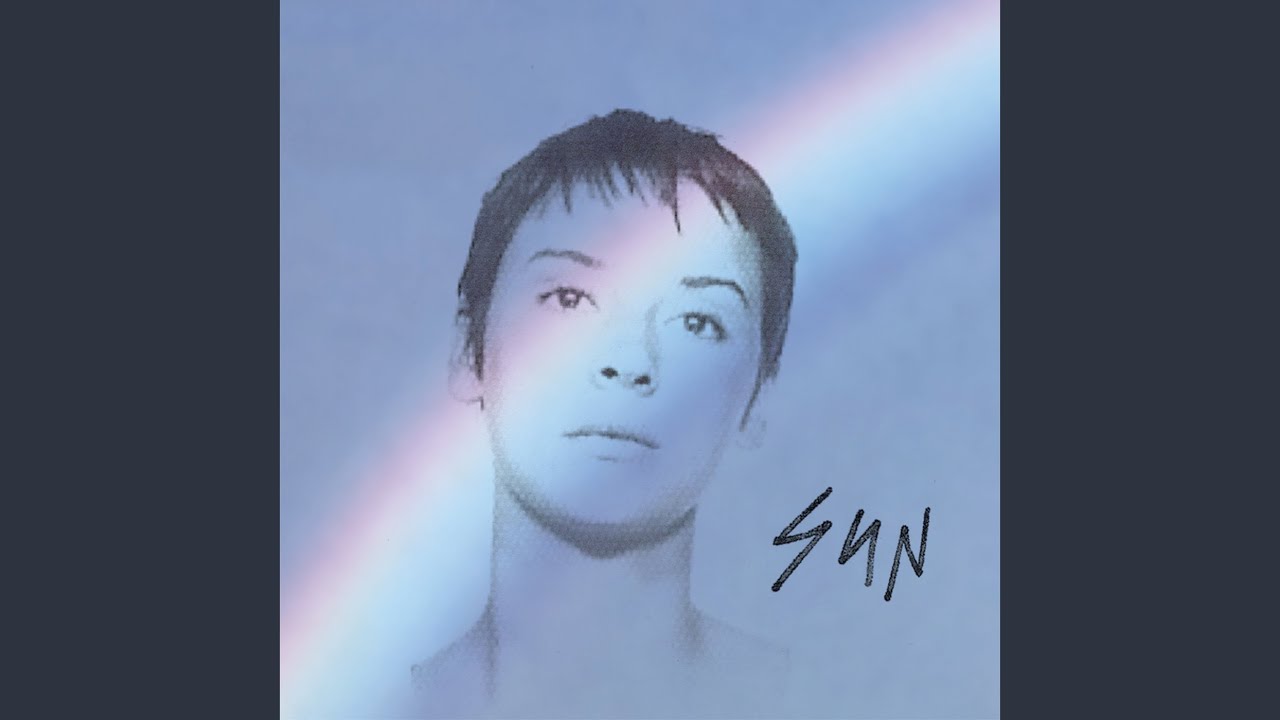We should get it out of the way early that I am not cool. I have written a kind of horror novel about office work – about worrying if you are good enough as a parent, as a person, and about how we all seem to be disconnecting from reality in a permanent way. The monster in this story is a self-growing business park. The unseen fear is that of being so lost we lose the most important parts of ourselves. It’s hopefully interesting, but it’s not rock’n’roll.
I also cannot really listen to music while I read, so anything like a soundtrack for the book is a bit more about keeping the mood alive, maybe going deeper into the void, or finding a counter-active sound to the emotion of the story. I can’t imagine listening-along as you read.
When I’m writing, I don’t so much listen to music as put it to work. All my writing playlists are made up of songs that somehow put me in a highly charged emotional state, or a highly charged state of blankness that some of my developer friends call ‘flow’. Sometimes that means the music is just sounds on a playlist I found called ‘hypnosis for cats’ or just a list of frequencies – alpha-state noise. Sometimes it means what my harsher friends over the years have called bed-wetting music.
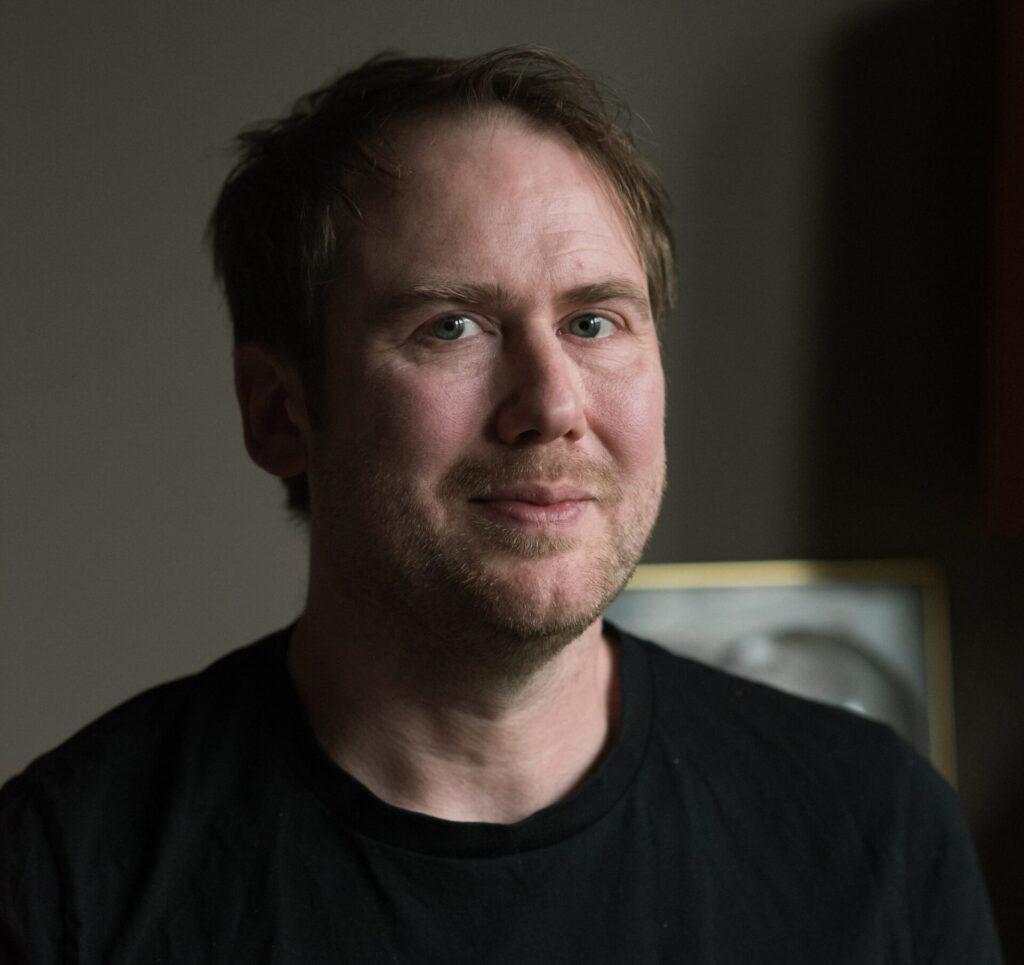
In general, this is sad music, or sometimes music with weird lyrical flourishes. Songs that speak directly to you, address you as if you are there. Songs that go away and come back they are so long. They seem to have a childhood of their own and return to me as adults, and break me down. I can’t control it really. If it helps me focus, or absolutely reduces me to tears, then I become attached to it.
What suits the mood of the book and what it took to be able to write are related but only distantly. There are even a couple of songs here that I never even heard until the book was printed, and yet they feel unbreakably connected to how I understand my work as it is now.
I have tried to organise this list in terms of stuff I listened to while I was writing and how it has crept into the work. Then what I think would accompany a reading of the book, and then maybe the hidden mood of the book now it exists without me, and what I’m left with. I hope that’s ok? Good. Here we go.
Lou Reed, ‘Street Hassle’
Let’s Eat Grandma, ‘Donnie Darko’
I do a lot of my writing during lunchbreaks in the working week. Writing while at work requires music urgently, as a means of changing reality, of opening up emotional doorways, and just to drown out the canteen sound. Also, temporarily, to make me forget myself and be outside of my life.
‘Street Hassle’ is a song with five acts. It tells a tragic story about a death by overdose through the unflinching perspective of a Manhattan party host, and the man who acted as supplier and lover to the dead woman. What helps me as a writer in this song is the return and fade away of voices, the change of characters and tone, the constant looping bass and the cellos that arrive to carry us away.
With this on I am given an instant new context to the white shirts, the seagull shapes of my colleagues as they coast the dining hall. I do not know them. But maybe they can be, in my fiction, as callous as the party host in the song, the one who advises that the dead should be left in the street to be discovered in the morning. The cold eye watching someone else flail, someone else’s life drift away. This indifference is an essential quality of the bleak workplace in which The Expansion Project is set. Sha-la-le-la-la man – we’re together until we’re not – just let it slip away. Are you gonna eat that won-ton or can I take your plate?
Another reason to listen to these long songs as you write is that they remind you of the power of that slow surprise of opening out a world. Sudden new scenarios, with glimpses of possible worlds – both fictional and abstract – and then you are left with having to consider the human voice and what it is that can come from nowhere and break your heart. ‘Donnie Darko’ has a fifth act so startling it carries that glancing flash of meaning that can only come with poetry. You feel raw almost, and heat-high by the end. These ending moments of the song come to you while you write and leave you close to tears with just no idea why or how long it’s been going on.
Jackie Wilson, ‘(Your Love Keeps Lifting Me) Higher and Higher’
This song is hidden in a few different playlists I use for writing. It has nothing to do with the novel, but everything to do with being able to write. Emilie (this is my wife) once told me that she loves this song. When I listen to it, I think not just abstractly ‘of her’ but precisely of her in a state of joy. For some reason, happiness is easier to access if it belongs to someone you care about. I feel like you get a more direct emotional high by thinking of someone else being happy, than of trying to picture yourself happy. So this is the person I love the most in the world being happy, that’s what’s in my mind when I hear this song, and I feel an emotional charge from that.
But please – think about it – what I’m really saying – because it’s not as sweet as it sounds. I’m saying this joy is a shortcut to being able to work. One half of me sets a trap for the other half.
Here’s that song, Ben! He says, and he watches me fall into the trap – get opened up – filled with joy. And then without even a flicker of regret, the trap closes and I am forced to keep writing, having conned myself into putting my ragged soul to work.
If it weren’t for the fact of Jackie Wilson conjuring real happiness from the thin air, it would be slightly alarming to be aware of this switch. But I’ll never not fall for it.
M83, ‘Temple of Sorrow’
Nathan Micay, ‘Don’t Talk to the Press’
‘Temple of Sorrow’ is the foundational text for the novel. Completely wordless, and yet undeniably a narrative. It has the sound of an epic, animated fantasy adventure, a simple high synthesised pan-pipe kind of sound, a lonely drum marking out a long journey, building into a weird choral crescendo, a kind of magical ascension at the end of a quest.
The artwork features a purple desert, a youth walks through the baron landscape towards a mysterious white structure. This was the first time I saw what was possible for the book. This landscape, I thought, what if it was also a business park?
A more obvious cultural locator for a book partly about the horror of the modern workplace is the TV series, Industry. Nathan Micay’s entire soundtrack is sublime, and I have all three series on repeat when I work, but ‘Don’t talk to the press’ is the one I start from. There’s a mournfulness wrapped up in the dystopian strings, a sense of loss and acceptance of things that really should not be so easily lost, nor so readily accepted.
Polite Bureaux, ‘Broke Biscuits’
I’m writing this on the verge of The Expansion Project’s publication, and a new relationship with the book has begun. I am getting ready to do the interviews and talks, and readings (I’m a debut novelist so these are limited, but I get to do a few little events and I kind of live for them – I did mention that I am not cool). I love these new points of association with the book. I am trying to guess what people might ask me.
When your work is a bit experimental, they ask things like, ‘What were you trying to say?’ They might ask that, or better, smarter versions of it, and I have to go back over the book and look for something coherent. There are difficulties here. I’m thinking of how to answer – what actually have I done? And what does it mean?
Although the book is called The Expansion Project, it could also have been called something like The Accumulation Problem, or Amassed Time. Well, maybe not those, but something good, and something about accumulation. The story is told through a kind of pinhole, a fixed aperture in an archive in a forever expanding business park. The idea is that this particular story could have been focused on any one of thousands of lives, in millions of combinations, based on an archive that has implications of deep-time years. It is accumulative, as well as expansive.
Polite Bureaux’s album Cunt Monday is an exercise in accumulation. Personalities bulge into the scene, music crunches and insists itself on top of whatever came before. Throughout the album, characters, roads, refrains, insults amass until the final song in which they are all resolved and fade into a cloud (ready at any second to start thundering and pissing again). I think this album is so good that it has maybe given me a midlife crisis. It screams directly the warnings and affection I have somehow spend years delicately architecting my thoughts around. Just magic.
Cat Power, ‘Nothin But Time’
I finish here because after all the surrealism, the perverting of the work place, the lack of sense, when all of those high things have faded away, my silly book is just about family, and the fear of losing it. Cat Power’s song ‘Nothin But Time’ is for the young. I hear it as a message to all people still growing up. It carries the exact sadness of trying to make space for kids in a world you know is unfit for them. Understanding and advice. Comfort in the small certainties. Like all parental thoughts, or thoughts for the young, it also plays as a message direct to that unfinished part of you that got hurt growing up, or let down, or just couldn’t go on.
Never give away your body,
never give away your friends,
never give away what you always wanted,
never, never ever give in.
The Expansion Project by Pen Pester is published by Granta on the 14th August


